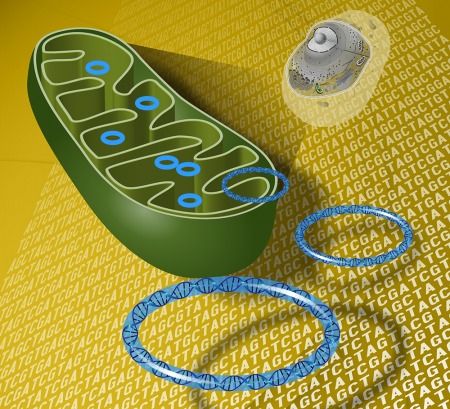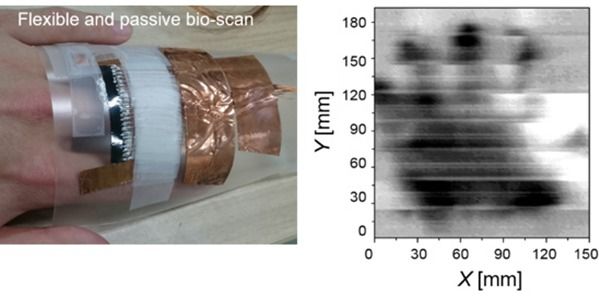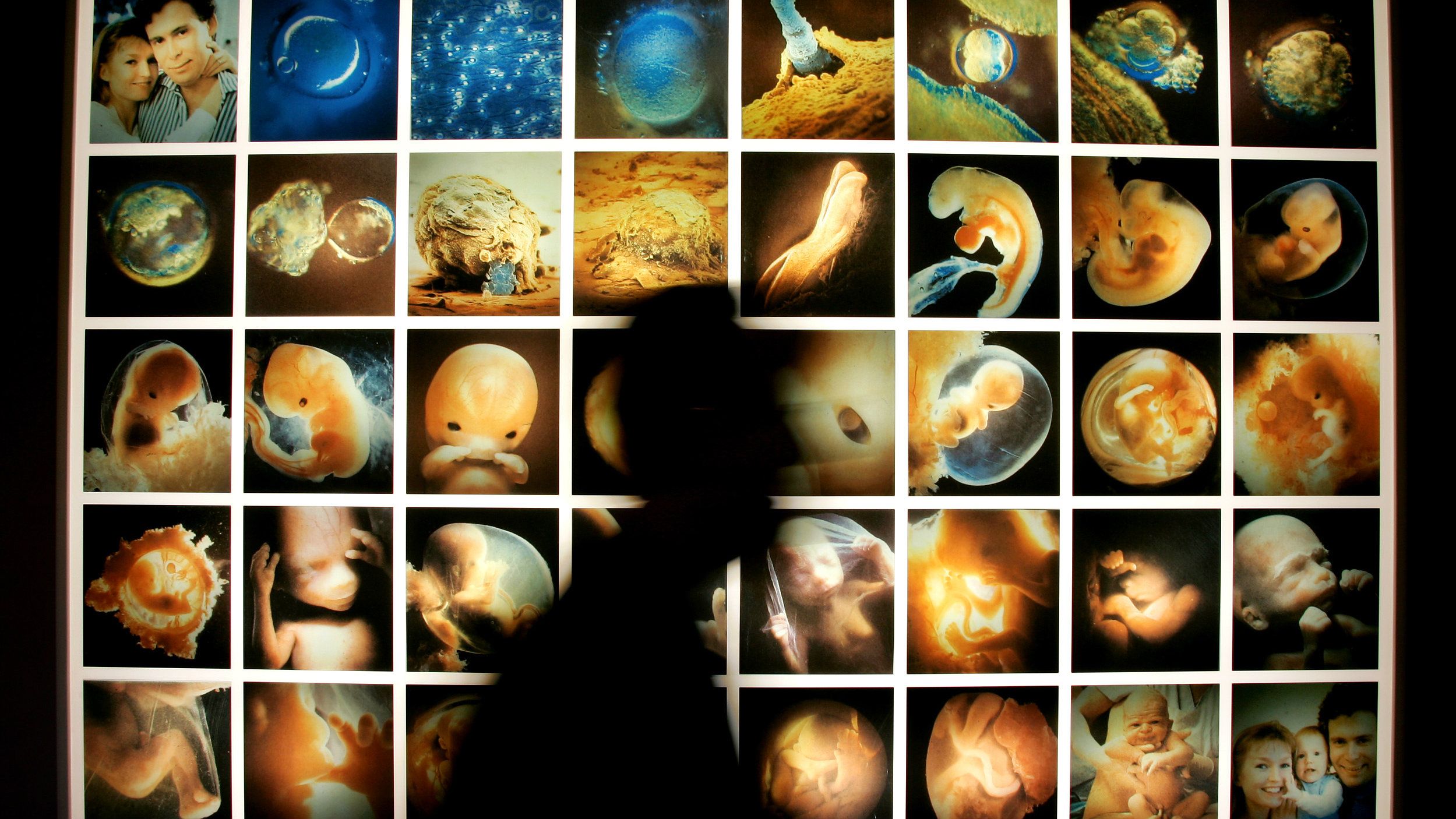
New biomarkers for aging is good news for researchers!
“Given the high volume of data being generated in the life sciences, there is a huge need for tools that make sense of that data. As such, this new method will have widespread applications in unraveling the molecular basis of age-related diseases and in revealing biomarkers that can be used in research and in clinical settings. In addition, tools that help reduce the complexity of biology and identify important players in disease processes are vital not only to better understand the underlying mechanisms of age-related disease but also to facilitate a personalized medicine approach. The future of medicine is in targeting diseases in a more specific and personalized fashion to improve clinical outcomes, and tools like iPANDA are essential for this emerging paradigm,” said João Pedro de Magalhães, PhD, a trustee of the Biogerontology Research Foundation.
The algorithm, iPANDA, applies deep learning algorithms to complex gene expression data sets and signal pathway activation data for the purposes of analysis and integration, and their proof of concept article demonstrates that the system is capable of significantly reducing noise and dimensionality of transcriptomic data sets and of identifying patient-specific pathway signatures associated with breast cancer patients that characterize their response to Toxicol-based neoadjuvant therapy.
Continue reading “BGRF scientists publish seminal paper and announce project to develop biomarkers of aging” »


















